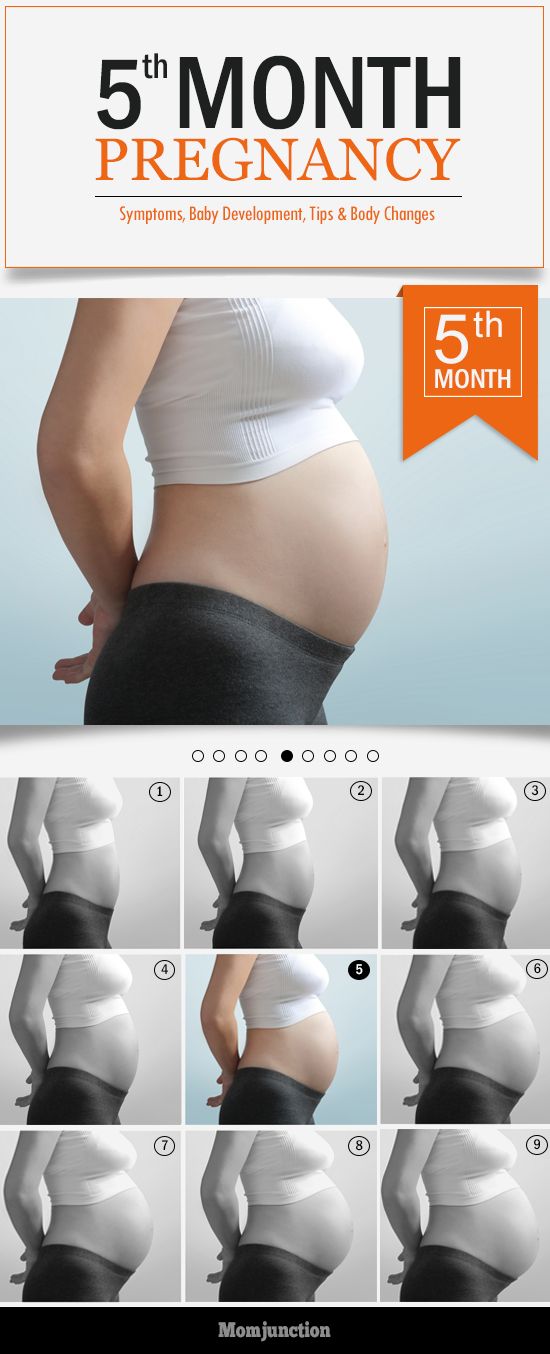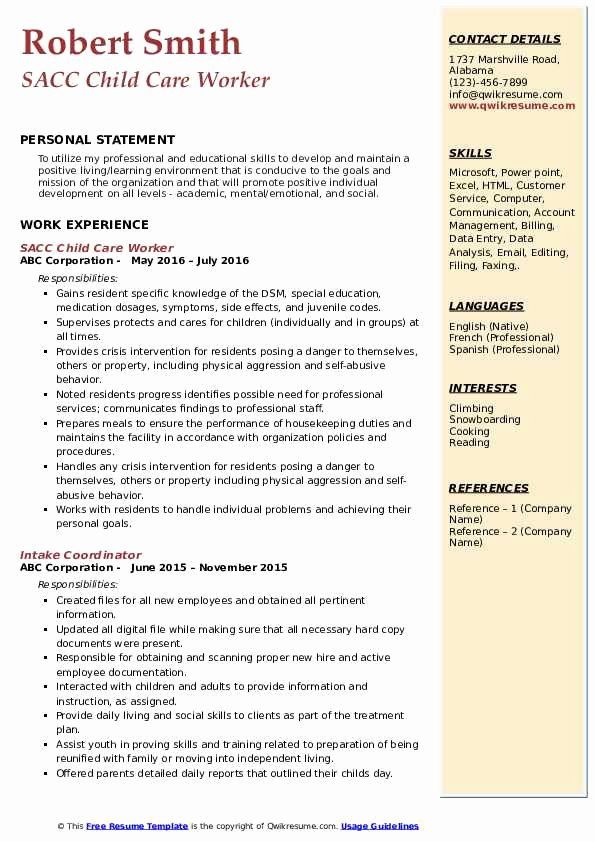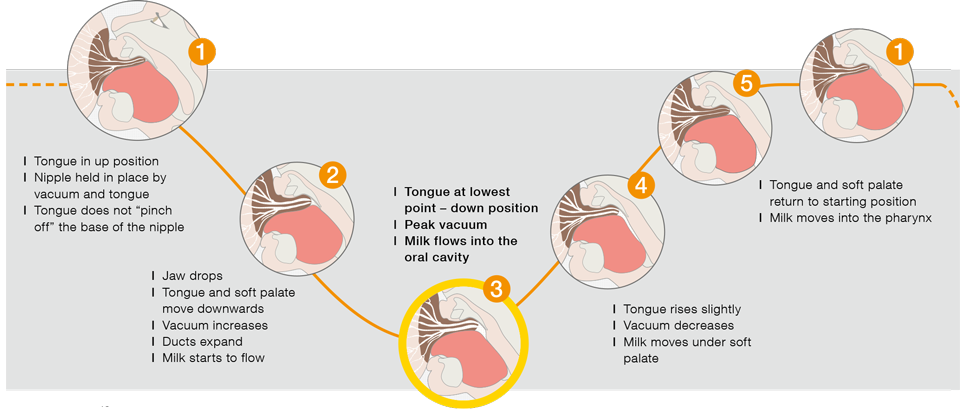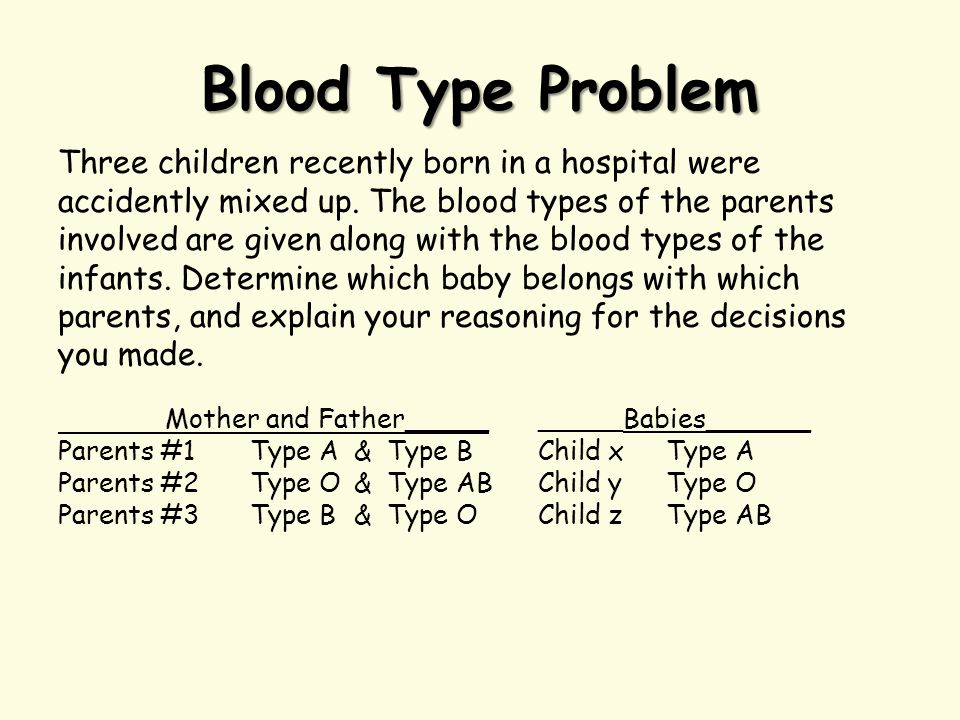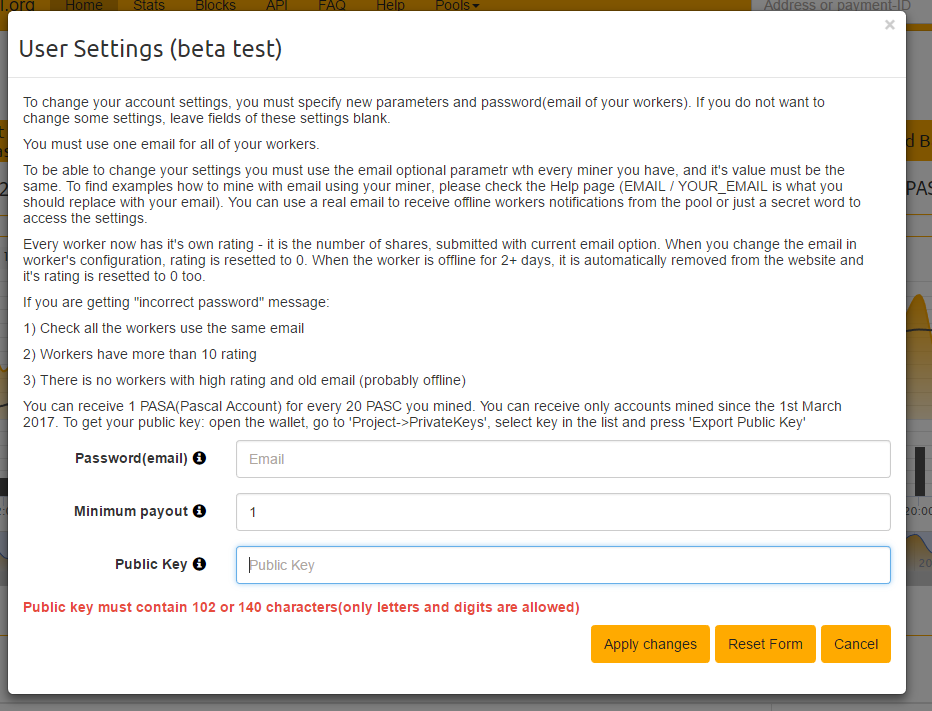Pregnancy symptoms in 4th week
4 Weeks Pregnant | Pregnancy
When you're pregnant, you have lots of questions. Our week-by-week pregnancy guide is packed with lots of useful information. From what's happening inside your body, to how your baby is developing, and tips and advice on having a healthy pregnancy – this is your one-stop pregnancy guide!
- 1st trimester
- 2nd trimester
- 3rd trimester
Our week-by-week pregnancy guide is full of essential information. From early pregnancy symptoms to how your baby is growing and developing, you'll find it all here.
- Week 4
- Week 5
- Week 6
- Week 7
- Week 8
- Week 9
- Week 10
- Week 11
- Week 12
What's happening in my body?
You probably don't look pregnant yet. If it's your first pregnancy you might not start showing until at least week 12. However, if this isn't your first baby, you may start showing sooner, as the muscles in your uterus (womb) and belly may have been stretched from your last pregnancy.
Pregnancy is dated from the first day of your last period. Read about you and your pregnancy at 1 to 3 weeks on the NHS website.
Am I pregnant?
Wondering when to take a pregnancy test? Some of the home tests can tell you if you're pregnant after about 3 and a half weeks – and are 99% accurate.
Early pregnancy symptoms (at 4 weeks)
To start with, you may not have any symptoms at all. When the pregnancy hormone “human chorionic gonadotrophin” starts to kick in, you may experience early pregnancy symptoms.
During your 1st trimester, which is up until week 12, you may experience:
- a missed period (often one of the first signs of pregnancy)
- a metallic taste in your mouth
- sore breasts
- nausea - also known as morning sickness, although you can experience it at any time (read about morning sickness in week 6)
- tiredness
- new food likes and dislikes
- a heightened sense of smell
- needing to pee more frequently
- a milky white pregnancy discharge from your vagina
- light spotting as the fertilised egg burrows into your uterus (see your doctor if you get bleeding during pregnancy)
- cramping, a bit like period pains
- darkened skin on your face or brown patches – this is known as chloasma faciei or the “mask of pregnancy”
- thicker and shinier hair
- bloating (read about dealing with bloating in week 10)
If you think you could be pregnant but haven't noticed any symptoms, you still might be. Everyone's different and nobody else will have a pregnancy just like yours.
Everyone's different and nobody else will have a pregnancy just like yours.
What does my baby look like?
Your baby, or embryo, is about 2mm long (about the size of a poppy seed) and growing rapidly in your womb. It's protected by an amniotic sac, which is filled with cushioning fluid, and attached to a tiny yolk sac that provides all the nourishment it needs. The outer layer will later develop into the placenta and provide your baby with oxygen and nutrients.
Action stations
Share the news with your GP or ask for an appointment with a midwife at your doctors' surgery. Alternatively you can refer yourself to your local hospital - look for contact details on their website.
You'll need to arrange a booking appointment . This usually takes place between weeks 8 and 12, and takes around an hour. You can talk about the options for your pregnancy and the birth. Plus you'll be offered screening tests for infectious diseases, and conditions such as Down's syndrome.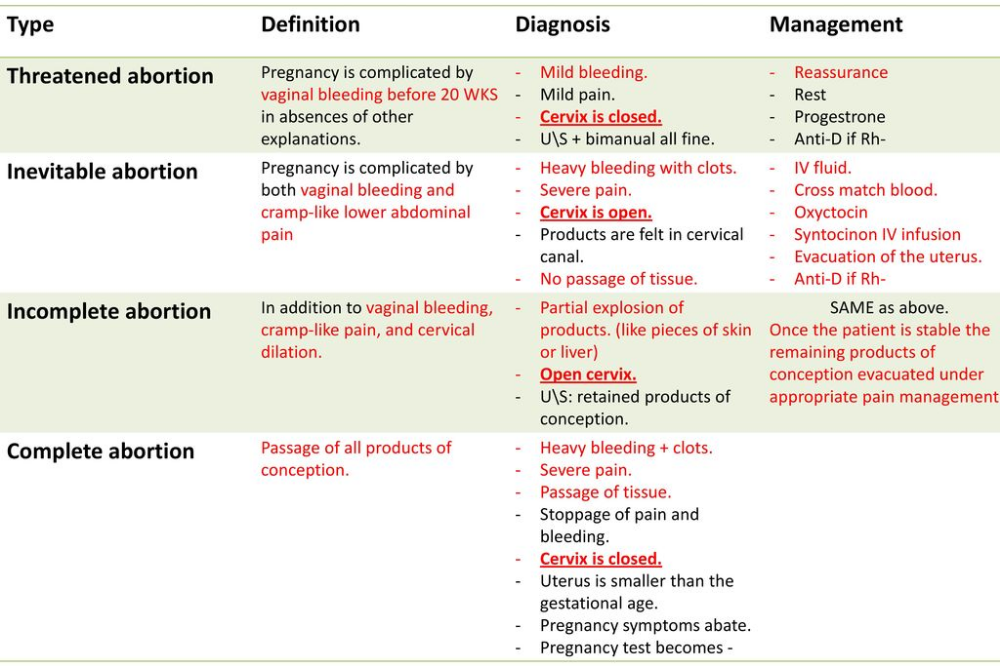 You could ask about the Maternity Transformation Programme and how it could benefit you.
You could ask about the Maternity Transformation Programme and how it could benefit you.
You will get your first dating scan at 8–14 weeks.
If it's your first pregnancy you will probably have around 10 appointments and 2 scans in total. Ask if it's possible to see the same carer for your entire pregnancy, to give you continuity.
Ask your midwife or doctor about online antenatal classes – they may be able to recommend one. The charity Tommy's has lots of useful information on antenatal classes and preparing you for birth.
Antenatal classes will give you the chance to meet other people and prepare you for parenthood. The NCT offers online antenatal classes with small groups of people that live locally to you.
Take prenatal vitamins. You're advised to take 400mcg of folic acid every day, until at least week 12. This helps to form your baby's nervous system and offers some protection from conditions such as spina bifida.
To keep bones and muscles healthy, we need vitamin D. From late March/early April to the end of September, most people make enough vitamin D from sunlight on their skin. However, between October and early March, consider taking a daily vitamin D supplement because we cannot make enough from sunlight. Some people should take a vitamin D supplement all year round - find out if this applies to you on the NHS website. You just need 10 micrograms (it's the same for grown-ups and kids). Check if you're entitled to free vitamins.
From late March/early April to the end of September, most people make enough vitamin D from sunlight on their skin. However, between October and early March, consider taking a daily vitamin D supplement because we cannot make enough from sunlight. Some people should take a vitamin D supplement all year round - find out if this applies to you on the NHS website. You just need 10 micrograms (it's the same for grown-ups and kids). Check if you're entitled to free vitamins.
Do you think you or your partner could have a sexually transmitted infection (STI)? If so, get checked out, as this could affect your baby's development. Talk to your midwife or GP, or visit a sexual health clinic.
It's recommended that you do 150 minutes of exercise a week while pregnant . You could start off with just 10 minutes of daily exercise - perhaps take a brisk walk outside. Check out Sport England's #StayInWorkOut online exercises (scroll to the pregnancy section). Listen to your body and do what feels right for you.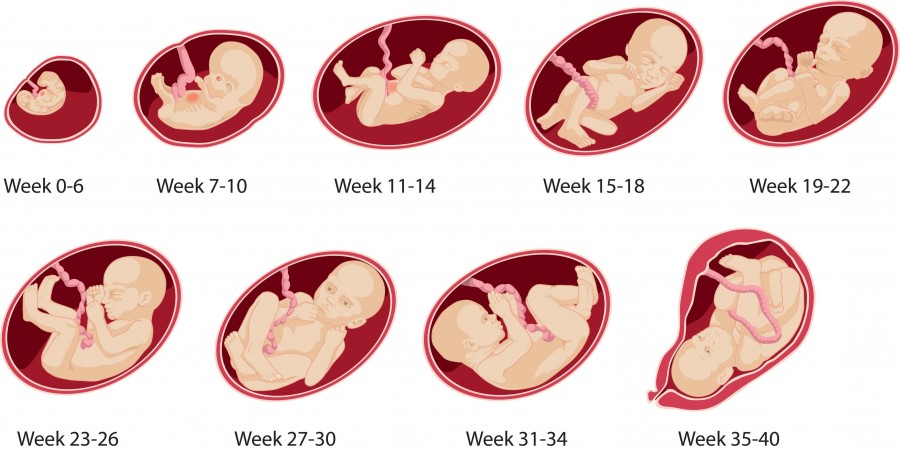
There's no need to eat for 2. If you pile on the pounds, you could put yourself and your baby at risk of health problems such as high blood pressure. Eat healthily, with plenty of fresh fruit and veg, and avoid processed, fatty and salty foods. You may be able to get free milk, fruit and veg through the Healthy Start scheme.
If you have a long-term health condition, then let your specialist or GP know you're pregnant as soon as possible. Don't stop taking any regular medication without discussing it with your doctor first.
How are you today? If you're feeling anxious or low, then talk to your midwife or doctor. They can point you in the right direction to get all the support that you need. You could also discuss your worries with your partner, friends and family. You may be worried about your relationship, or money, or having somewhere permanent to live. Don't keep it to yourself. It's important that you ask for help if you need it.
You and your family should follow the government and NHS guidance on coronavirus (COVID-19):
To find out about about COVID-19 and pregnancy, childbirth and breastfeeding, have a look at advice on the:
Go to week 5
4 Weeks Pregnant: Symptoms and Baby Development
At four weeks, you’re officially pregnant and might even experience a few common early pregnancy symptoms, such as implantation bleeding, bloating, nausea, or fatigue. It’s also possible you won’t notice anything just yet, which is totally normal! Keep reading to learn about what happens at 4 weeks pregnant, including signs and symptoms, your baby’s development, and what you might want to ask your healthcare provider.
It’s also possible you won’t notice anything just yet, which is totally normal! Keep reading to learn about what happens at 4 weeks pregnant, including signs and symptoms, your baby’s development, and what you might want to ask your healthcare provider.
Here are a few important points to consider and highlights to look forward to during your fourth week of pregnancy:
You’re at the very beginning of your pregnancy journey, but a lot is happening! The fertilized egg implants itself into your uterus and starts to rapidly divide its cells, all part of the process of developing your baby’s arms, legs, brains, muscles, etc.
Your baby is teensy tiny, about the size of a poppy seed at 0.04 inches long.
It’s possible not to notice any symptoms at 4 weeks pregnant, but if you do, you’ll likely experience common things like bloating, breast tenderness, fatigue, or spotting—all exciting signs that you’re pregnant!
Get ready to focus on you and your developing baby by adopting a healthy lifestyle, which can include ditching any bad habits and seeking out ways to reduce stress, such as with yoga or meditation.
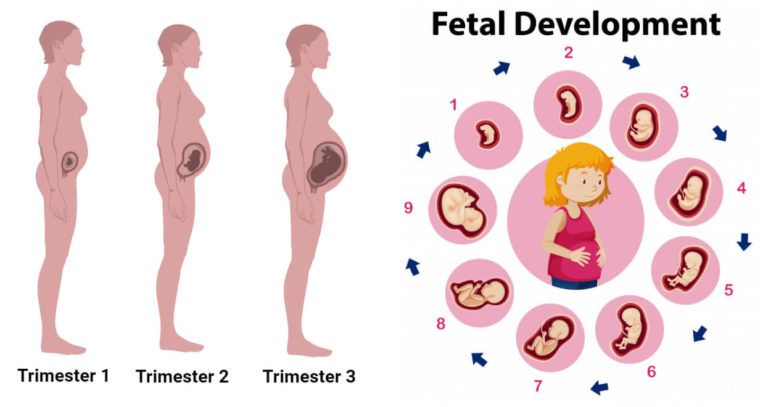
If you've just found out you’re pregnant, congratulations! Perhaps you received this exciting news after missing your period, which might make you wonder if you can get a positive pregnancy test at 4 weeks?
At 4 weeks pregnant, a home pregnancy test could show a positive result if you have high enough levels of the pregnancy hormone hCG (human chorionic gonadotropin), which is present in your urine about 10 days after conception. If your hCG levels are still too low to detect, you might see a false negative test when just 4 weeks pregnant. For the most accurate results, it’s best to wait until after you’ve missed your period to take a pregnancy test —when your hCG levels will be higher—and confirm your pregnancy with your healthcare provider.
When is my due date if I'm 4 weeks pregnant? After confirming your pregnancy, the first question on your mind might be when to expect your little one’s arrival! Your healthcare provider can confirm that exciting date, but in the meantime, try our Due Date Calculator.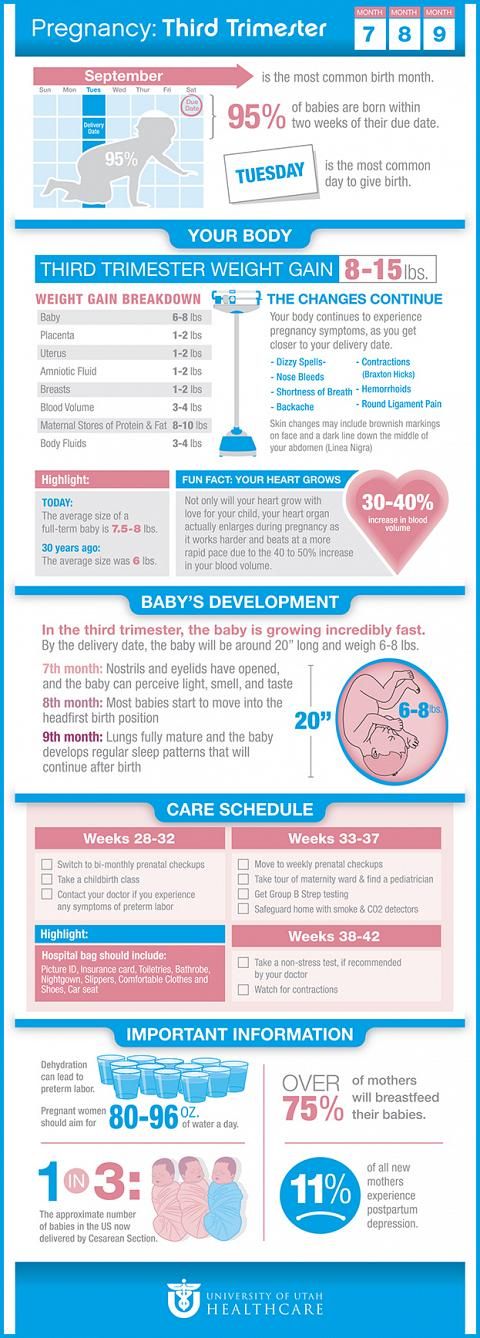
Your healthcare provider will usually refer to your pregnancy in terms of weeks, but it’s also common to hear a reference to months. Most of the time, what's considered the first month of pregnancy includes the first four weeks (though this can vary, as the weeks of pregnancy don't fit evenly into months). So, at 4 weeks pregnant, you’re in your first month of pregnancy, even if you haven’t noticed any belly bump or symptoms!
Are you asking yourself, “If I'm four weeks pregnant, when did I conceive?” This is another common question that your healthcare provider can help you answer. Pregnancy is measured as 280 days or 40 weeks, beginning with the date you started your last period. If you have an average 28-day cycle, you probably conceived during the second or third week of your pregnancy.
4 Weeks Pregnant: Your Baby's DevelopmentWhile you’ve been adjusting to being pregnant, the new life inside you has been busy. Here’s what’s going on inside your uterus at 4 weeks pregnant:
Here’s what’s going on inside your uterus at 4 weeks pregnant:
The fertilized egg implants itself into the side of your uterus.
The egg rapidly divides into layers of cells, some of which become the embryo. The cell layers will start to grow into different parts of your little one's body, such as the nervous system, skeleton, muscles, organs, and skin.
The placenta begins to form, connecting your body’s systems to that of the baby, forming and attaching to the uterine wall where the egg implanted.
The umbilical cord will eventually come out of one side of the placenta, and the amniotic fluid, which will cushion your baby throughout your pregnancy, is already forming inside a surrounding membrane, or yolk sac.
During the upcoming weeks, your little one will also start forming a neural tube, which is the main building block for the brain and spine. All the activity at 4 weeks pregnant sets your baby up to start all this important development.
At 4 weeks pregnant, your baby is very tiny, as the newly implanted embryo is only about 0.04 inches long. For comparison, this is just about the size of a poppy seed!
Your Baby: What Does 4 Weeks Pregnant Look Like?So, if the embryo is just a poppy seed, what does that look like at 4 weeks pregnant? For a sneak peek, look at this illustration of the gestational sac at 4 weeks to get a glimpse of what’s happening in your belly:
Your Body at 4 Weeks PregnantA few pregnancy symptoms may appear at 4 weeks pregnant, though it’s completely normal if you’re experiencing no symptoms at all—or, at least, haven’t noticed them. Generally, pregnancy symptoms will be minor at 4 weeks pregnant, so you might feel some cramping and see a little bit of spotting, both of which can happen as the fertilized egg implants itself in your uterus.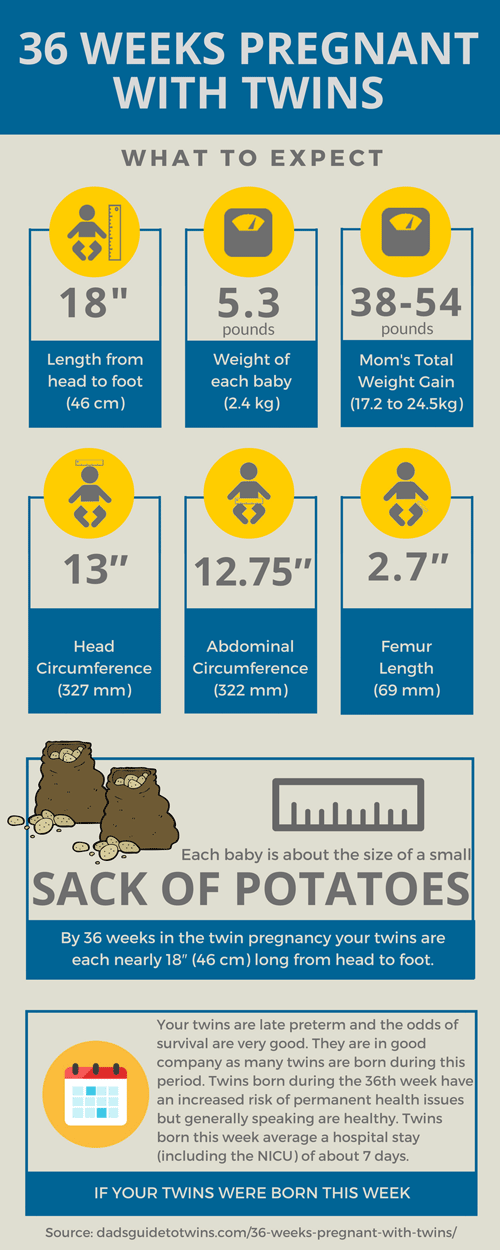
As mentioned above, your body is now starting to make the pregnancy hormone hCG, which tells your ovaries to stop releasing an egg each month, thus stopping your monthly period. HCG also increases the production of other hormones, such as estrogen and progesterone, so even at 4 weeks pregnant, you could experience some of those hormone-related symptoms. Keep reading to learn the most common signs that you’re pregnant during this exciting week.
4 Weeks Pregnant: Your SymptomsEvery pregnancy is unique, and what you experience during this pregnancy may be different than what you experienced during a previous pregnancy. To help you feel more prepared for whatever may come, look at this list of possible symptoms of pregnancy at four weeks:
Bloated stomach. Your body is preparing itself to house a rapidly growing baby for the next several months. At 4 weeks pregnant, you might experience a bit of bloating and cramping particularly in your abdomen, as your uterine lining is getting a bit thicker, and the swelling means your womb is taking up more space than usual.
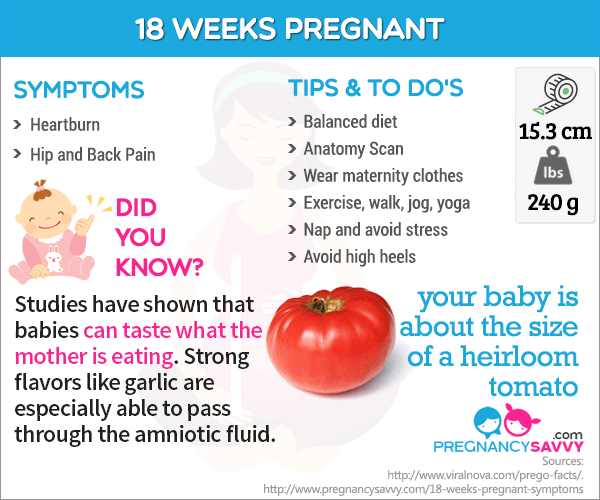
Light bleeding or spotting. Some women have some spotting at 4 weeks pregnant, which is called implantation bleeding and shouldn’t be heavy like a period. If you see a lot of blood, if the spotting lasts longer than two days, or if you have any concerns, consult your healthcare provider right away.
Moodiness. Other symptoms you might notice at 4 weeks pregnant include mood swings. Triggered by increasing hormone levels, these extreme emotions and wild shifts may be the strongest in the first and the third trimesters. Relaxation exercises, massage, sleep, and following a balanced diet are some of the easiest ways to help yourself feel better.
Breast tenderness. Just like your abdomen, your breasts are starting to prepare for the important job of nourishing a new arrival. The number of milk glands increases, and the fat layer also thickens, causing your breasts to become enlarged.
Morning sickness.
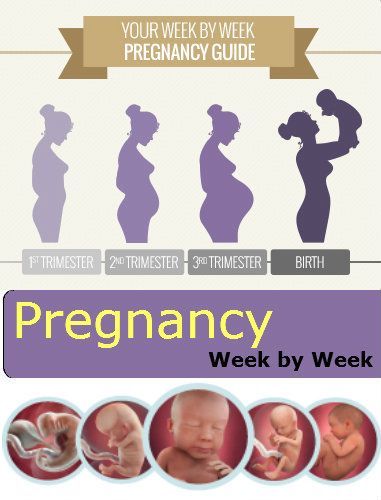 You may or may not have morning sickness
You may or may not have morning sicknessat 4 weeks pregnant, as this condition varies from one person to the next, with some feeling only mild nausea and others vomiting. If it’s affecting you, consider yourself in good company: some level of morning sickness impacts approximately 85 percent of women who are pregnant. The good news is that this unpleasant symptom often subsides during the second trimester.
Light-colored discharge. When you’re 4 weeks pregnant, increased vaginal discharge is a normal symptom. It should be sticky, clear, or white. If you notice a bad odor or have a sore or itchy vaginal area, consult your healthcare provider.
Fatigue. Don’t be surprised if you feel fatigued even at 4 weeks pregnant! Your body is working round the clock to support your little one, and your levels of the hormone progesterone are increasing, which can tire you out.
Listed above are common signs of pregnancy during the first couple of months, but many wonder about typical symptoms, like trouble sleeping or food cravings.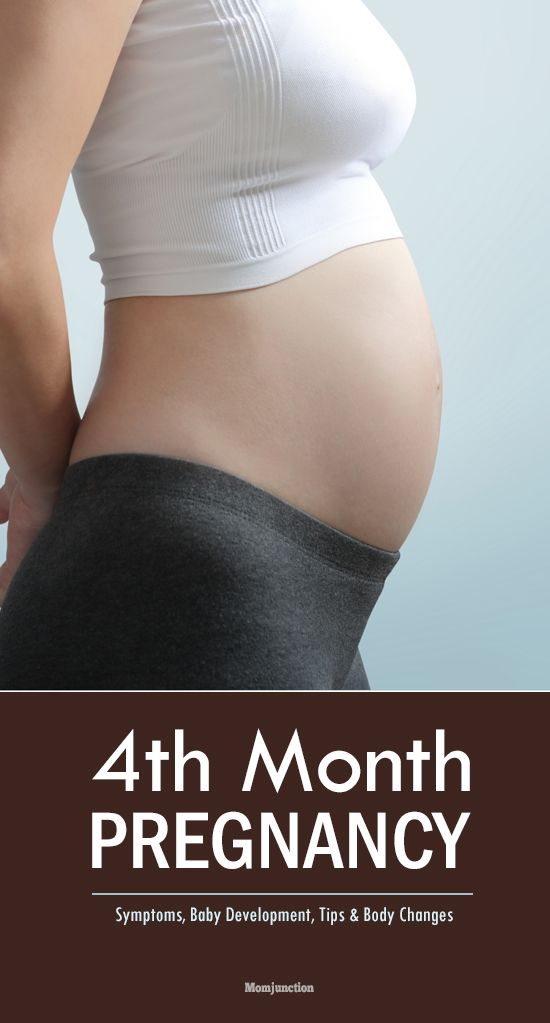 These are less common during early pregnancy, so if you’re 4 weeks pregnant and hungry all the time (or craving strange food combinations) or can’t sleep, it’s best to consult your healthcare provider.
These are less common during early pregnancy, so if you’re 4 weeks pregnant and hungry all the time (or craving strange food combinations) or can’t sleep, it’s best to consult your healthcare provider.
Symptoms at 4 weeks pregnant shouldn’t be severe or cause a lot of pain, so other symptoms not to ignore include feeling pelvic pain, pain in your ovary, lower back pain, or pain on your side (right or left), or experiencing diarrhea or feeling more constipated than usual. There’s a lot going on during pregnancy and hormones can trigger many different feelings, but if you’re in pain or experience anything unusual, consult your healthcare provider right away.
How Big Is a Pregnant Belly at 4 Weeks?Everyone and every pregnancy is unique, but it’s safe to say that you probably won’t see any difference in your pregnant belly’s size at 4 weeks. Remember, your little one is only the size of a poppy seed! Still, slight bloating around your abdomen may accompany your pregnancy at four weeks, so you might notice what appears to be a small belly. Just know that, typically, a baby bump doesn’t usually show until around weeks 12 to 16, when your uterus starts to move outside your pelvis area.
Just know that, typically, a baby bump doesn’t usually show until around weeks 12 to 16, when your uterus starts to move outside your pelvis area.
To get a better idea of what your belly might look like around 4 weeks pregnant, when you’re in your first month of pregnancy, check out the image below.
4 Weeks Pregnant: Things to ConsiderIt’s still early in your pregnancy journey, but there are plenty of important things to consider. From adapting your lifestyle to writing down milestones, check out our list below.
Start a healthy eating plan if you haven’t already. Make sure you're including iron-rich foods like spinach and cereals to prevent anemia, as well as calcium from milk, cheese, yogurt, tofu, or orange juice to help your growing baby build strong bones.
Stop unhealthy habits right away. Quit smoking and replace alcohol with water and other healthy beverages to help prevent preterm birth and other birth defects.
 It’s also important to avoid secondhand smoke. Research shows exposure can increase the risk of complications such as low birth weight, miscarriage, and ectopic pregnancy.
It’s also important to avoid secondhand smoke. Research shows exposure can increase the risk of complications such as low birth weight, miscarriage, and ectopic pregnancy.Try to relax and keep your stress level low. You can do this with lifestyle changes, meditation, and exercise. Most likely, you can continue exercising throughout pregnancy, as long as there are no complications. If you haven't been exercising before, consult your healthcare about what type of exercise or program would be best for you. Labor and delivery are hard work, and the fitter you are, the better off you’ll be.
Begin taking prenatal vitamins every day to support your health and help the new life inside you develop! Look for a vitamin that contains at least 400 micrograms (mcg) of folic acid, an important nutrient that’s proven to reduce the likelihood of birth defects.
Download our Pregnancy Guide for even more information to help support you through the coming months, including tips on nutrition, prenatal visits, and more.

Research the type of healthcare provider you'd like to work with during your pregnancy.
Start collecting memories, such as with a photo book, pregnancy book, or journal. Some things to include could be pictures of your bump week to week, special dates like when you found out you were pregnant, a letter to your child, or even predictions about eye color and hair color.
Even if you’ve just found out you’re pregnant, you may already have questions that you'd like to put to your healthcare provider. Some common questions at 4 weeks pregnant include:
Are there any specific tests needed based on my ethnicity or medical history?
Can I safely continue taking certain medications now that I'm pregnant?
When will the routine pregnancy checkups and tests be, and how are these scheduled?
4 Weeks Pregnant: Your Checklist
Yes, it’s early, but it’s also an exciting moment! As you anticipate your new pregnancy, consider the following to-dos:
□ Schedule a pregnancy confirmation appointment, if needed.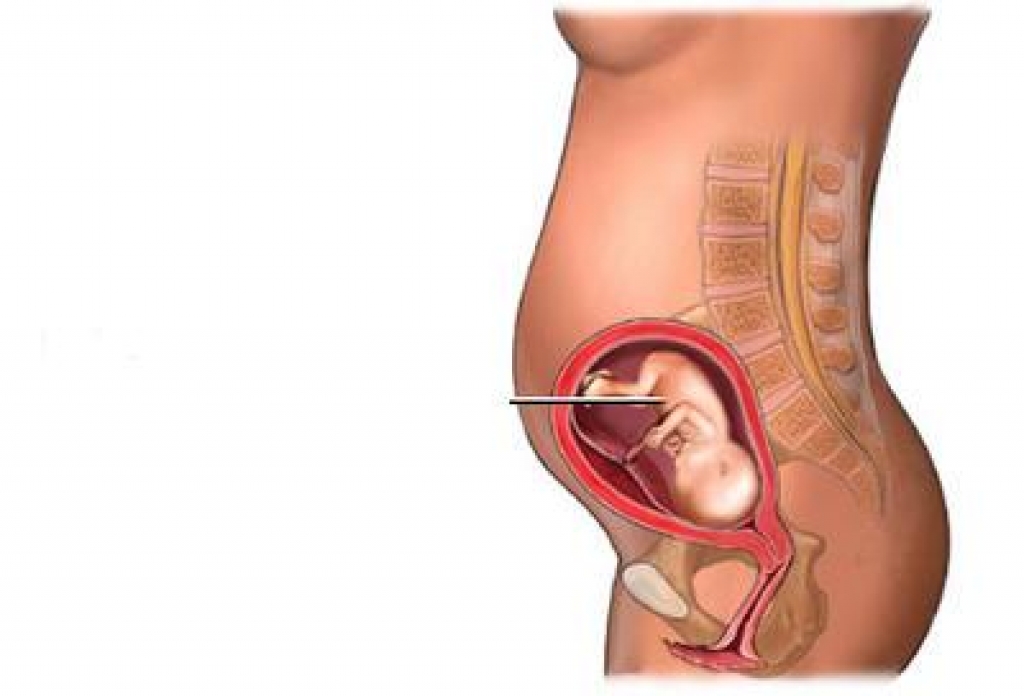
□ Though it’s common to wait until after your first trimester to make the big announcement (as that’s when the risk of miscarriage is much lower), you might want to share the good news with your partner or a close family member to have a little support from the start.
□ Think about what lifestyle changes you may need to make (like adjusting your diet, for example), and plan how you will implement them.
4th week of pregnancy what happens to the fetus
Contents
On the fourth week, one of the critical stages of pregnancy occurs - embryo implantation. This could have happened before, it all depends on the individual characteristics of the woman's body. Imagine that your future baby is now the size of a poppy seed!
Fetal development at the fourth obstetric week
- The body of the embryo consists of ectoderm, mesoderm and endoderm. These are the so-called germ layers. Hair and nails, teeth, skin, and the nervous system are formed from the ectoderm.
 Skeletal muscles, blood vessels, blood, sex glands and internal organs are formed due to the mesoderm. The inner germ layer is responsible for the formation of the digestive tract, lungs, pancreas and liver. nine0012
Skeletal muscles, blood vessels, blood, sex glands and internal organs are formed due to the mesoderm. The inner germ layer is responsible for the formation of the digestive tract, lungs, pancreas and liver. nine0012 - The child also develops external organs that create conditions for its growth and development. One of them is the chorion, which will later turn into the placenta. It is she who will provide the fetus with all the necessary nutrients. The amnion is modified into the amniotic sac, which is filled with amniotic fluid and is responsible for protecting the small organism throughout pregnancy. And the yolk sac will be responsible for hematopoiesis during the first 7-8 weeks of pregnancy.
What other changes are taking place in the mother's body?
- During the implantation of the embryo in the uterine lining, substances are released into the body that reduce the mother's immunity to prevent the production of large numbers of white blood cells.
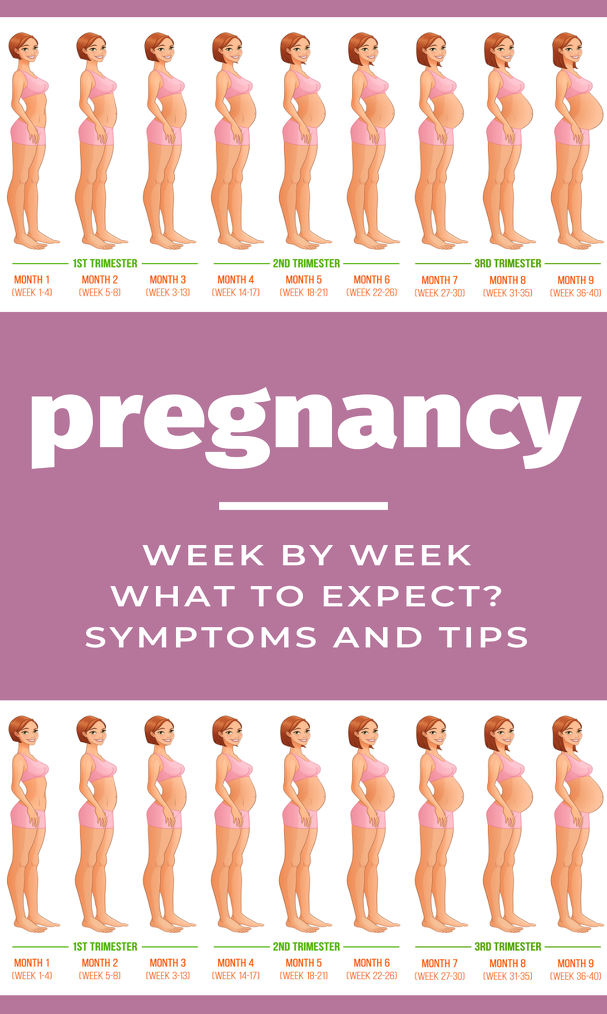
- In a healthy pregnancy, the discharge from the genitals of a woman is white or clear, and often has a sour smell. The number of secrets may increase, which is considered normal, taking into account hormonal changes.
- The appearance of spotting spotting is also possible. This is the so-called implantation bleeding. If the discharge is scarce and brief, then you should not worry. nine0012
What changes are observed in a woman in the fourth week?
- But now the first signs of pregnancy in the form of drowsiness, fatigue and mood swings can already make themselves felt. Changes in the mammary glands become more noticeable, their engorgement and increased sensitivity, nausea, vomiting and dizziness may disturb. Early toxicosis is a common manifestation of pregnancy, although not mandatory.
- Don't worry if bowel problems start to bother you - constipation and gas formation, this is a fairly common occurrence. Prevention of many problems in the gastrointestinal tract will be proper nutrition and a balanced diet.
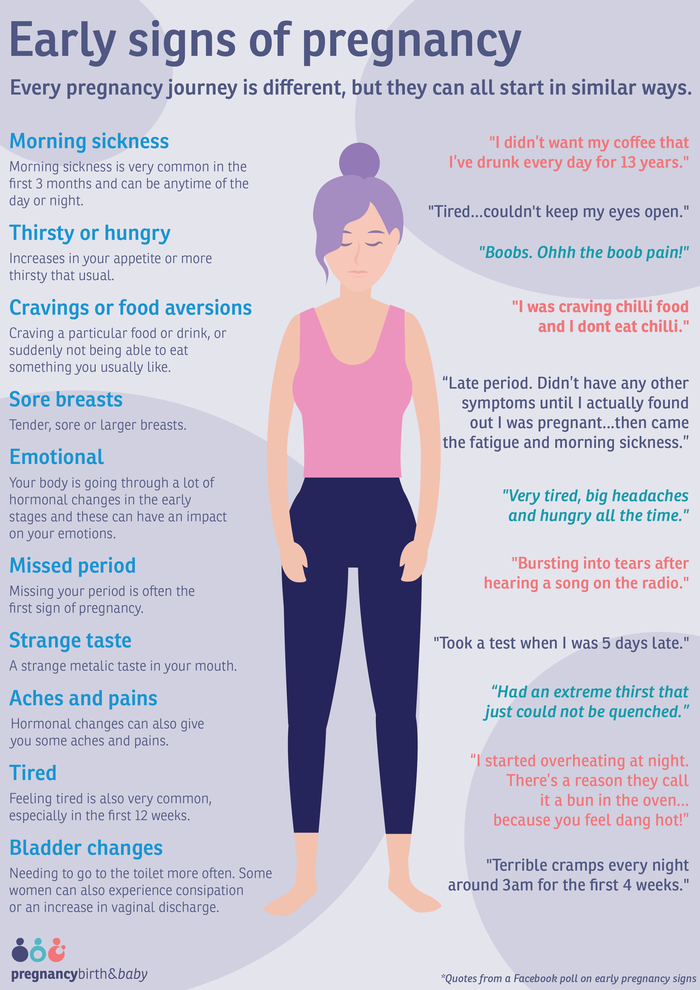 nine0012
nine0012 - Rid yourself of negative emotions and heavy physical exertion, spend more time outdoors, have a good rest and get enough sleep.
- Avoid heavy lifting, dangerous and tiring sports.
If a woman experiences pain in the lower abdomen, this may indicate problems in the development of the fetus or the risk of termination of pregnancy. Hurry up and contact your doctor.
If menstruation does not occur at this time, most women resort to pregnancy tests to find out about their situation. The result will be positive if chorionic gonadotropin (hCG) produced by the chorion is found in the urine. To avoid mistakes during the test, read the instructions for its use. nine0003
Right now a little person, your child, is being formed inside you. Tune in for a long, but unusually pleasant, quivering journey of the most desired period in a woman's life - pregnancy. This is a time of complete merging on the physical and emotional level of mother and child.
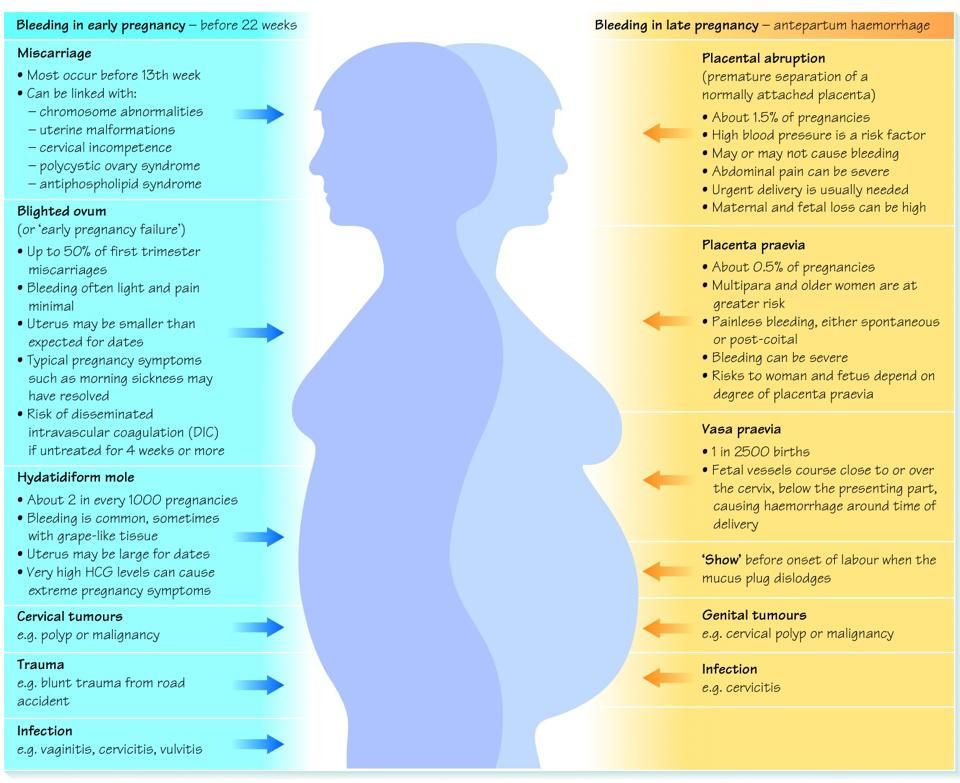
4 weeks pregnant | IPF – Family Planning Institute
It is from this week that the embryo is considered to have finally settled in the uterus. The 4th week of pregnancy allows you to determine pregnancy at home, due to the release of human chorionic gonadotropin, and the expectant mother may already notice signs of conception. nine0003
Fourth week of pregnancy: signs and sensations
It is not uncommon for the beautiful half to have mood swings during this period of time, and it does not matter whether a woman knows about her pregnancy or not - the emotional background changes. Some are more pronounced, others less so. The spectrum is huge: from tearfulness and resentment, to a heightened emotional reaction to any event. Of course, there is the fault of hormones, as well as confirmation of the development in the womb of a new life.
Fatigue and drowsiness appear. Sometimes chronic diseases are exacerbated. But basically, the sensations in the fourth week of pregnancy are uncertain: a very short period. nine0003
But basically, the sensations in the fourth week of pregnancy are uncertain: a very short period. nine0003
What are the physiological changes in the body at the fourth week of pregnancy?
For a woman:
- The whole body is rebuilt to support a child's life for a certain period of time.
- The embryo begins to produce substances that suppress the woman's immunity so that the fetus is not rejected during implantation. Decreased immunity exacerbates chronic diseases. A lady, not knowing about conception, can take medications, which is very dangerous. nine0012
- Great tenderness in the chest.
- Sometimes women develop weakness, malaise, pulling pains in the lower abdomen.
- Rare cases of onset of toxicosis.
In the fetus:
The embryo is formed very rapidly. Little by little, the outer layer of cells transforms into skin, hair, and the nervous system. Internal - in the digestive system, liver, thyroid gland.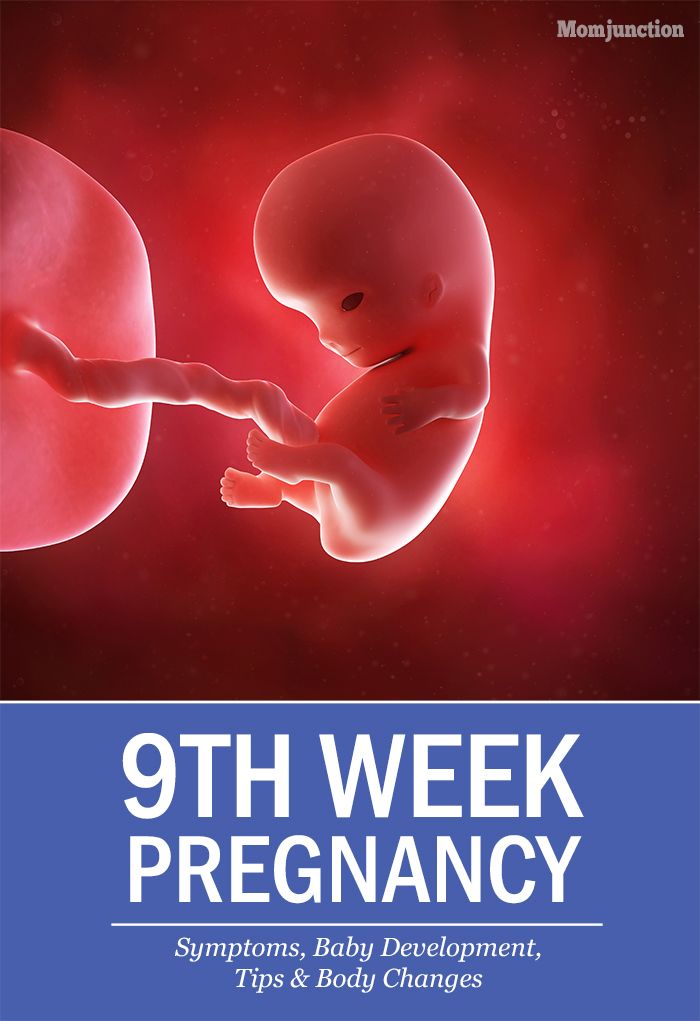 Medium - muscles, circulatory system, skeleton, genitals.
Medium - muscles, circulatory system, skeleton, genitals.
It will be possible by the end of the week to determine the rudiments of the baby's face, the foundations of the organs of hearing and vision appear. The brain is rapidly developing. Limbs gradually appear. nine0003
Symptoms in the fourth week of pregnancy
- Often, bleeding that may appear is perceived as menstruation. And they absolutely do not focus on changes: the duration and amount of blood lost. Spotting is implantation bleeding. However, discharge in the fourth week of pregnancy without color and odor is considered normal. In other situations, consult a doctor.
- Soreness in the chest, some swelling, also often perceived as the onset of menstruation. But it is precisely due to hormonal changes that these changes occur. The body adapts to new conditions. nine0012
- Frequent urge to urinate may occur.
Fourth week of pregnancy: tests
An hCG test will give an accurate answer: is there a pregnancy. The thing is that the embryo intensively releases hCG into the blood of a woman. The same applies to progesterone, which appears in sufficient quantities due to the corpus luteum, but there is no need to torture yourself with tests.
The thing is that the embryo intensively releases hCG into the blood of a woman. The same applies to progesterone, which appears in sufficient quantities due to the corpus luteum, but there is no need to torture yourself with tests.
Fourth week of pregnancy: examinations
No special examinations are required for this period. An ultrasound photo at the fourth week of pregnancy will show the presence of a growing yellow color. It gradually increases, nourishes the embryo, until the placenta is fully formed. The embryo will also be determined. During this period, ultrasound is performed only when necessary. nine0003
Nutrition in the fourth week of pregnancy
- It's time to give up foods that contain dyes, preservatives, smoked meats.
- If the season of young fruits and vegetables has begun, do not rush: nitrates are of no use to your body now.
- Daily menu of a pregnant woman should contain: greens, vegetables, fruits, lean meat.
- Drink plenty of fluids.
 But not only juices, compotes and broths, but also ordinary clean water.
But not only juices, compotes and broths, but also ordinary clean water. - The doctor will definitely prescribe folic acid. Drink not only capsules, but also eat foods that are rich in this vitamin: beets, buckwheat, bananas, dates, spinach, herbs and more. nine0012
4th week of pregnancy: complications
- Alcohol is very dangerous. The consequences are irreversible - spontaneous miscarriages or fetal anomalies.
- Threats are any colds that can provoke freezing of the fetus. No self-treatment, only under the supervision of doctors.
- If the fetus splits in two at 4 weeks, monoamniotic twins will be born. There are cases when the embryo does not completely separate, then fused twins are born - this is a rare occurrence, but, unfortunately, possible. nine0012
Recommendations for expectant mothers
- The key to future success is a healthy lifestyle.
- Give up all bad habits, if they were present in your life.
